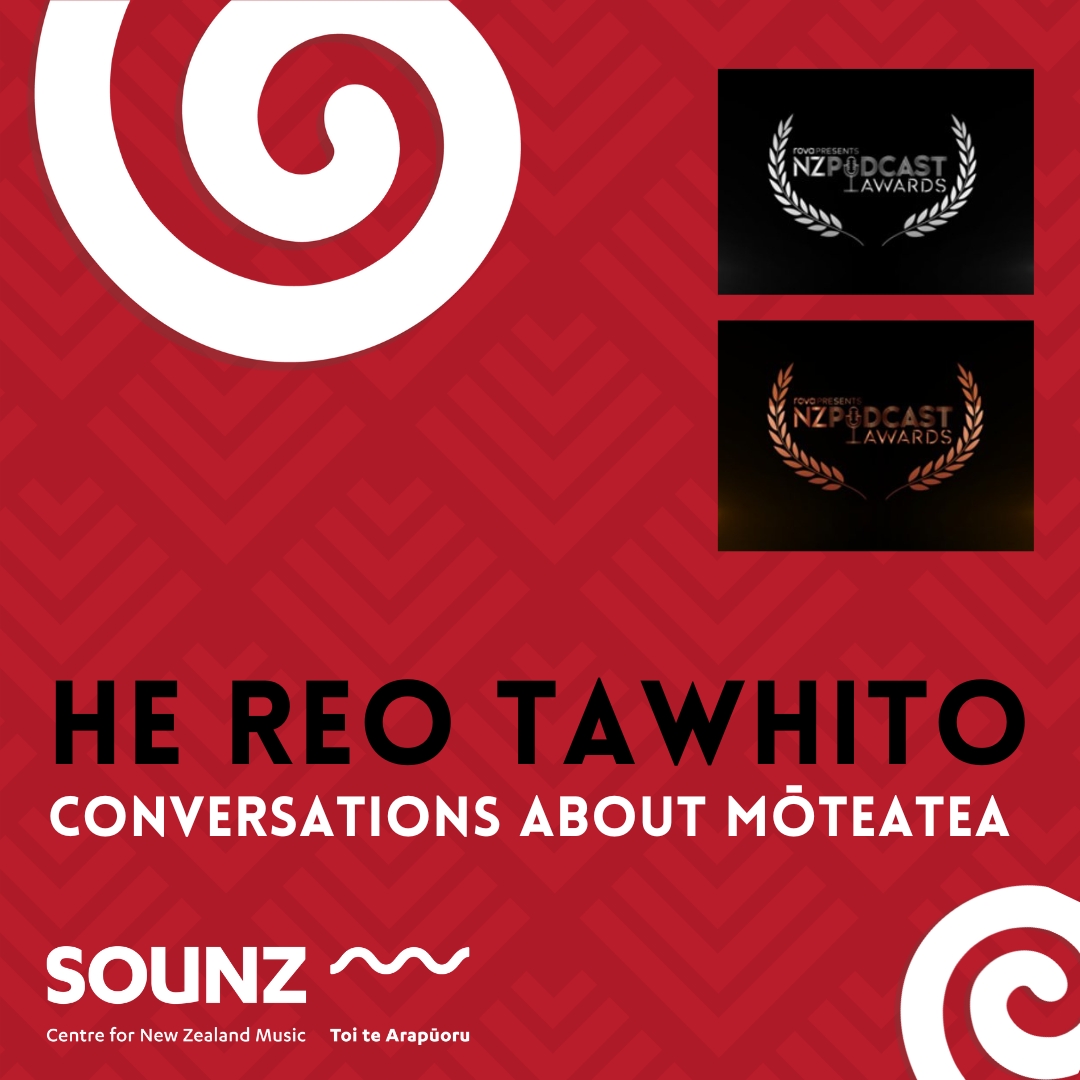Season 1, Episode 1
“I love mōteatea for the way it can communicate a vision of life, a way of thinking and experiencing the world. It is a pathway into a way of thinking and experiencing the world that our tūpuna had, but also the world that we can have right now — the way the world can be with us now.” – Dr Te Ahukaramū Charles Royal
Dr Te Ahukaramū Charles Royal is an independent researcher of indigenous knowledge, and a freelance composer, musician and storyteller. He is a passionate advocate for ‘indigenous creativity’, which he pursues through research and consultancy services as well as through music and storytelling.
In this episode of He Reo Tawhito: Conversations about Mōteatea, Charles describes some of the different types of mōteatea — including pātere, waiata wawata, oriori and more — and the multitude of reasons, purposes, and occasions for which mōteatea can be composed.
“All the great events of life are commemorated and communicated in mōteatea of one kind or another: love stories, conflict stories, the arrival of new children, the death of loved ones. All the great passions of what it is to be a human being can be found inside mōteatea.”
Charles speaks about some of his favourite composers of mōteatea and provides examples of mōteatea that are especially meaningful to him. He eloquently describes how mōteatea can be a powerful vehicle for expressing deep emotions, and a profound way in which to commemorate, celebrate and communicate momentous events in life.
We invite you to join our host Crystal Edwards for this deeply insightful interview with Dr Te Ahukaramū Charles Royal.
Host: Crystal Edwards
Guest: Dr Te Ahukaramū Charles RoyalRoyal
Links & Resources
Whitiora
Poia atu taku poi
E pā tō hau
Production team
Producers: Toni Huata & Roger Smith
Sound Engineer: Phil Brownlee
Research: Dr Te Ahukaramū Charles Royal
Production Assistance: Ngahuia Maniapoto, Kelly Mata, Nina Lesperance, Jonathan Engle, Alpana Chovhan
Marketing: Leoné Venter
Executive Producer: Diana Marsh
Special thanks to
Te Ahukaramū Charles Royal and the Manukau Symphony Orchestra for ‘Whitiora’
Tainui Waikato for ‘E pā tō hau’
Te Hau Tawhiti Kapa Haka for ‘Poia atu taku poi’
Thanks to Adrian Wagner and Te Upoko o Te Ika
Cover Art: Kennedy Kioa Toi Faimanifo of Manatoa Productions
This podcast is supported by funding from Creative New Zealand.

© Copyright Centre for New Zealand Music Trust
